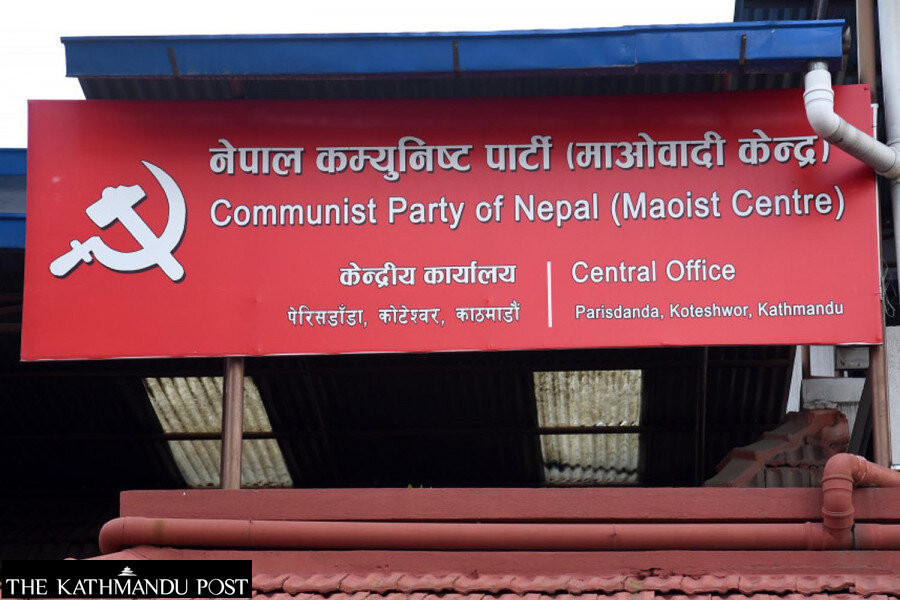Editorial
What’s in a name?
Maoist Centre has bigger worries than delegitimisation of the term ‘janayuddha’.
The Maoist party, which joined mainstream politics by signing the Comprehensive Peace Agreement in 2006, has always had a peculiar relation with semantics. In the insurgency days, the top Maoist leaders were not known by their real names but their noms de guerre. Partly, this was done to hide their identity, and partly, it was their way of overcoming individualism and pursuing a larger cause. Thus Pushpa Kamal Dahal became ‘Prachanda’, Baburam Bhattarai ‘Laldhoj’, Barsha Man Pun ‘Ananta’ and so on. The party has itself undergone various name changes to arrive at its current avatar of CPN (Maoist Centre). There are often rumours of the party leaders mulling removing the ‘Maoist’ tag. Despite this seeming flexibility, it must hurt all those involved in the decade-long war when the country’s top court repeatedly rejects their attempts to recognise the janayuddha (‘people’s war’). Most recently, the apex court ruled that it is unconstitutional to use the term in official documents. A year ago, it had rejected the-then Maoist-led government’s efforts to declare a public holiday on ‘People’s War Day’.
With their strongest claim to political space—a self-sacrificing war waged for the benefit of the downtrodden and the marginalised communities—legally rejected, the use of violence that took nearly 17,000 lives, and left countless more disabled and ‘disappeared’, will be questioned even more in the days ahead. The Maoists and a section of the intelligentsia continue to talk up the war’s achievements: There would apparently have been no republican federal state without the war. Or a system of reservations for the marginalised communities. (Even this newspaper acknowledges the Maoist role in these developments.) Yet it is as important to factor in the party’s evolution in the post-war years. The causes that the party once held dear—particularly issues of the poorest and most marginalized sections of the society—have repeatedly been sacrificed at the altars of Dahal’s naked quest for power. These days, there is little to choose between the Maoist Centre and the old ‘bourgeois’ parties in the Nepali Congress and the CPN-UML that the former rebels once held responsible for all social ills.
Times are also changing. Those born in the past three decades have little or no memory of the war. Instead, they have seen how its supposed achievements have been endlessly abused by leaders from across the political spectrum. For these younger folks, the idea of getting political legitimacy through a war waged in the name of Mao—a bloodthirsty dictator from another time and place—just does not sound right. Of late, the CPN (Maoist Centre) party has been making much of its ‘stellar’ showing in the recent bypolls. This, say party leaders, is an indication that their popularity is again on the up. That is unlikely. These small pockets of electoral success aside, indications are that people are highly dissatisfied by the functioning of the Maoist party as well as its chair Dahal. The loss in support among its once core constituencies is particularly alarming. Unless the Maoist leadership is ready to internalise and acknowledge how it has let these constituencies down and to commit to rectifying its mistakes, an electoral comeback looks tough. Unfortunately, for Dahal and his followers, there is no going back to the old-school janayuddha either.




 11.12°C Kathmandu
11.12°C Kathmandu














